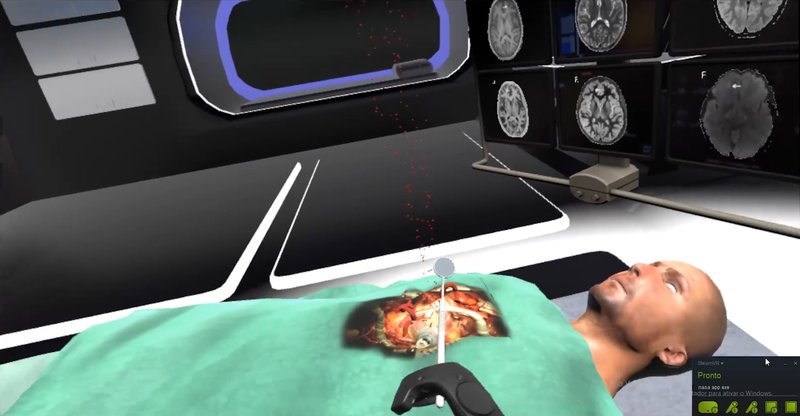Voyager | Bring Your Own Solution
The Challenge | Bring Your Own Solution
Follow your brain and your heart, and present a solution ofyour own choosing!
Saving Lives in Space
Virtual reality simulator for surgical emergency in zero gravity

On a long duration mission to Mars, astronauts won’t have anywhere to run to if they get ill, meaning any medical episodes will have to be dealt with in space.
"The more individuals who go to space for longer periods of time, the more likely there will be an adverse event. We need to be in a position to address such an issue and avoid at all possible costs a medical evacuation.” - says Dorit Donoviel, deputy chief scientist of the National Space Biomedical Research Institute (NSBRI), a NASA-funded group of institutions looking at all the health-related risks that can occur in the big wide vacuum. “Anything that can happen to you and me on Earth can happen in space, you can have a kidney stone, a headache that doesn’t resolve, or elevated pressure on the brain. You can even have a heart attack. NASA needs to be worried about all the medical repercussions of an unresolved medical problem.”
Today there are few resources for training astronauts on how to make surgeries in deep space. Current available methods are expensive and ineffective, such as 20 seconds parabolic flights.
Our project is a zero gravity surgical emergency simulator, using virtual reality headset and joysticks with positional tracking. The physics engine allows doctors to walk and manipulate medical tools in a room-scale environment.
The app was created in Unity3D and runs on HTC Vive headsets.
SpaceApps is a NASA incubator innovation program.